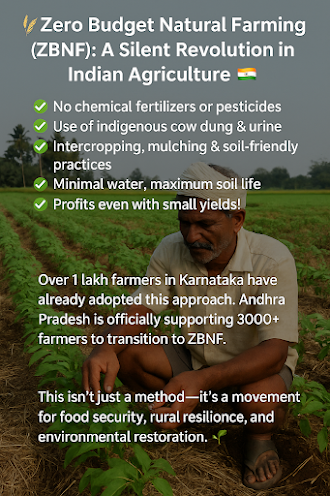PHOSPHATE SOLUBILIZING BIO FERTILIZER
Unlock Your Soil's Hidden Potential: Why PSB Biofertilizers Are a Game-Changer for Farmers
In the world of farming, phosphorus is a non-negotiable nutrient for robust plant growth. It's essential for everything from a strong root system to bountiful flowering and fruit development. Yet, a large portion of the phosphorus in our soil remains "locked up," in a form that plants can't access. What if there was a simple, natural solution to this problem?
Enter Phosphate Solubilizing Biofertilizers (PSB). These tiny, powerful microbes are revolutionizing agriculture by transforming how plants get their essential nutrients. In this post, we'll explore the science behind PSB and why it's becoming a crucial part of sustainable farming practices.
What is a Phosphate Solubilizing Biofertilizer (PSB)?
PSB is a type of biofertilizer that contains specific strains of bacteria and fungi (like Bacillus and Pseudomonas) with a unique ability: they can convert insoluble phosphorus compounds into a form that plants can easily absorb.
While soils may contain large reserves of total phosphorus, it is often fixed with elements like calcium, iron, and aluminum, making it unavailable to plants. PSB counteracts this by releasing organic acids and enzymes into the soil, dissolving these complexes and making the nutrient readily available.
The Key Benefits of Using PSB
Enhanced Nutrient Uptake: PSB acts as a natural delivery system, ensuring your crops get the phosphorus they need for optimal growth, especially during crucial developmental stages.
Increased Crop Yield: By improving nutrient availability, PSB helps plants develop stronger roots and healthier foliage, directly translating to higher crop yields and better quality produce.
Reduced Reliance on Chemical Fertilizers: Using PSB can significantly cut down on the amount of synthetic phosphatic fertilizers (like DAP) required. This not only lowers farming costs but also minimizes the environmental impact associated with chemical use.
Improved Soil Health: PSB contributes to a healthier soil ecosystem. When combined with organic matter like compost, it enhances soil biodiversity and improves its overall structure and fertility over the long term.
Promotes Plant Vigor: Beyond phosphorus, PSB also produces plant growth regulators and other beneficial compounds, giving your crops an extra boost in strength and resilience.
How to Use PSB on Your Farm
PSB is versatile and can be applied in several ways:
Seed Treatment: Coating your seeds with a PSB solution before sowing gives your crops a head start.
Soil Application: Mixing PSB with compost or farmyard manure and applying it to the soil is an effective way to introduce the microbes to the root zone.
Drip Irrigation: In liquid form, PSB can be easily integrated into your irrigation system, delivering the microbes directly to the plant's roots.
Conclusion
Adopting Phosphate Solubilizing Biofertilizers isn't just a trend; it's a strategic move toward a more sustainable and economically viable future for agriculture. By harnessing the power of nature's own microbes, farmers can improve soil fertility, reduce costs, and cultivate healthier crops.
Ready to see the difference for yourself? Explore how PSB can transform your farming practices today.




Comments
Post a Comment